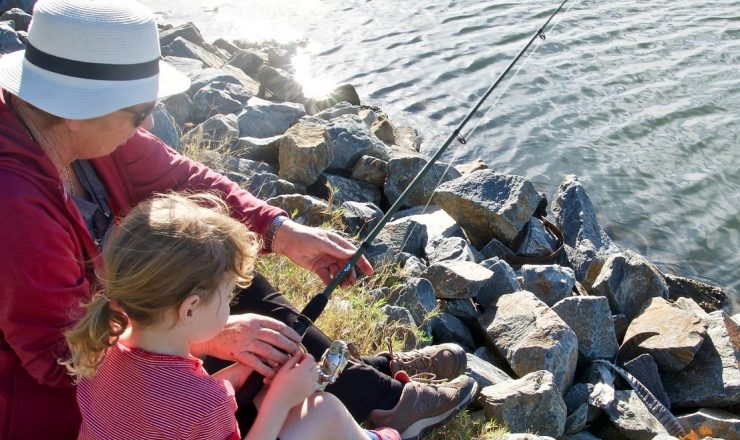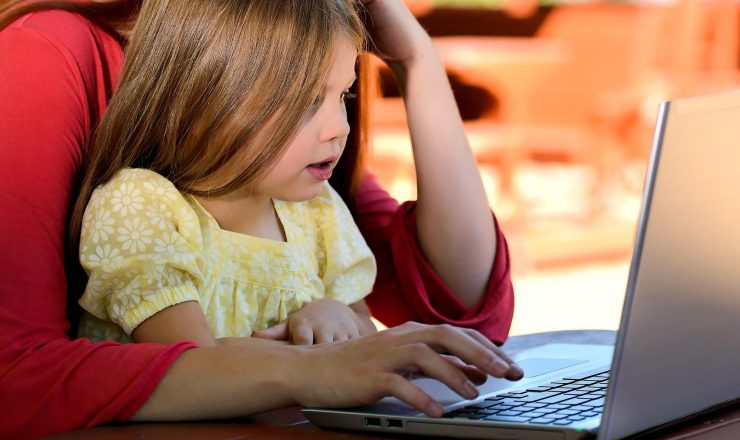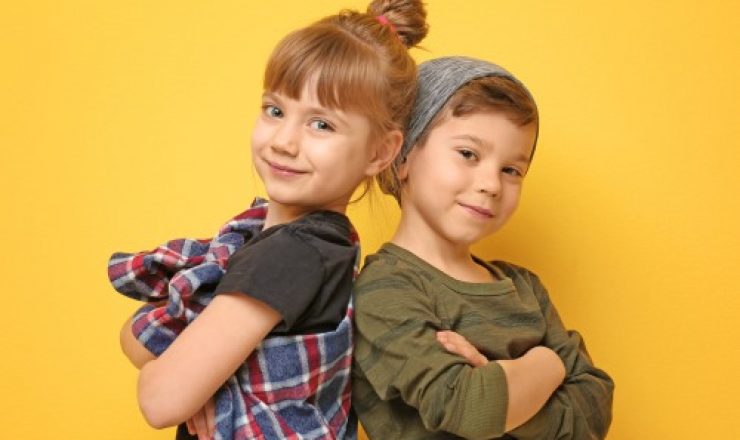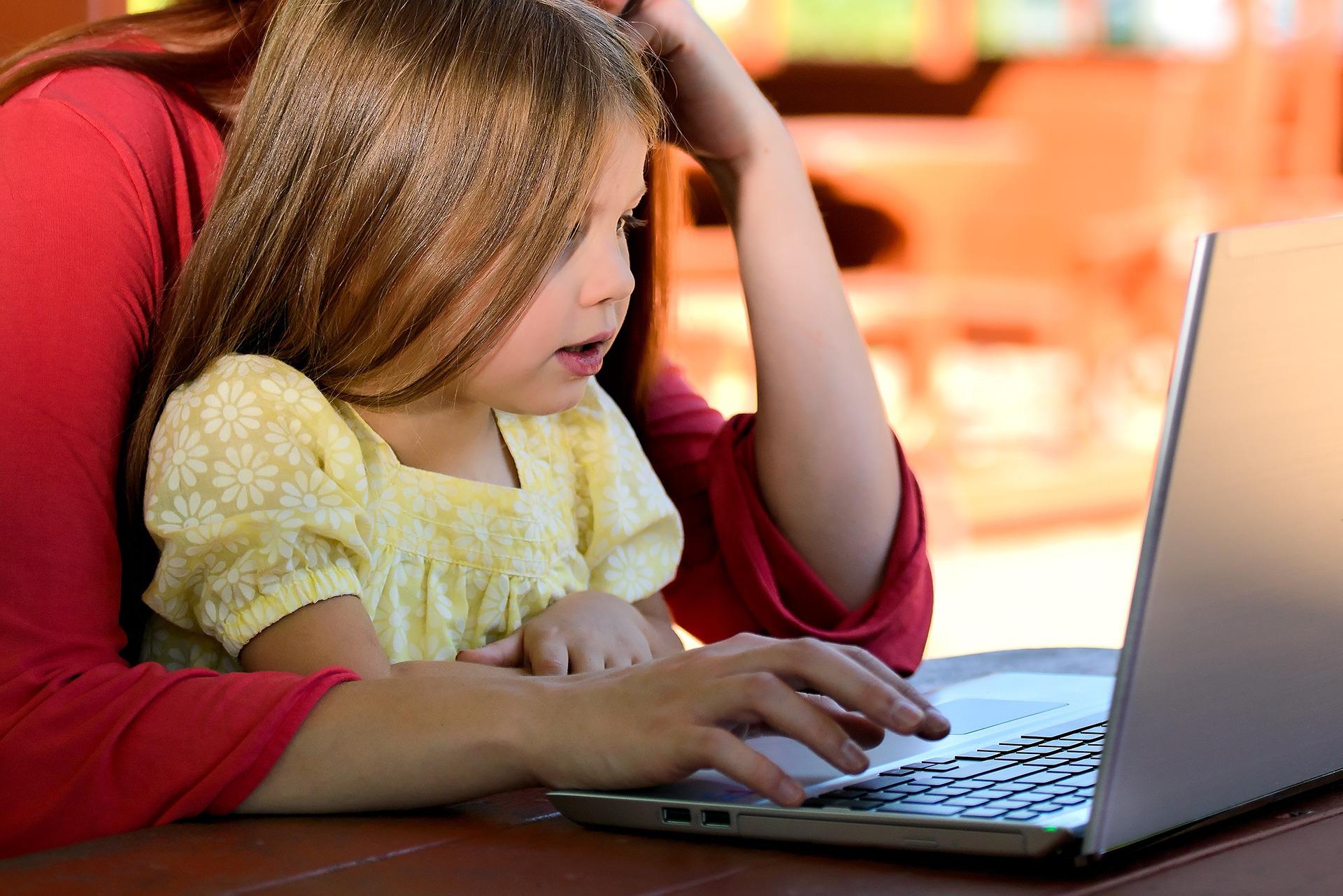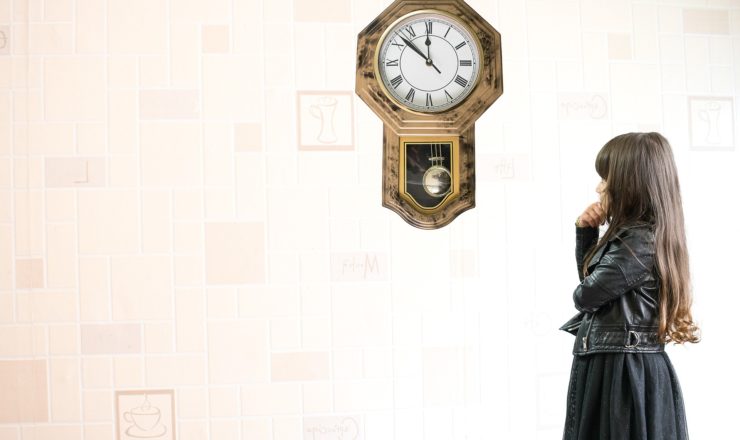On the general scale of anxiety, I like to think I fall somewhere between panic and moderate when it comes to parenting. To be fair, I am not and never will be at the end of the scale where The Dude (Jeff Bridges) resides. I have always been more worried than most of my friends and probably the least likely to forget something.
I like to joke that my anxiety makes me highly organized and lends itself to success. But, it also brings challenges to the teenagers who live with me.
Creating humans and being responsible for them has added a whole new, unimaginable layer of anxiety to my personality. The daily worries are constant. Did my kid pack a lunch? How did she do on that important Chemistry test? These are the “little” worries that can easily morph into “larger” sized worries. Is my child having sex? Drinking alcohol?
Of course, this train of thought stops at the ever-popular “extra large” Worry Depot. Is my child happy? Will she get into college? Am I an adequate parent to her? For an anxious person, parenting can amplify this emotion.
Our children remind us of our own unresolved issues
In fact, the very job of parenting can trigger many of our emotions. When we are parenting, our children remind us of our unresolved issues. This is not intentional. Our children do not recognize or understand our past or how we were parented.
They do not mean to cause us to feel anxious, angry, helpless, or hurt. But, when this occurs, we can know that we have likely been triggered by our children. And, of course, this affects our parenting of them.
In Parenting from the Inside Out, Dr. Daniel Siegel and Dr. Mary Hartzell explain how our own experiences in childhood directly affect our relationship with our children. In fact, much research has been done in the field of interpersonal neurobiology that lends support to our understanding of how our children can “trigger” our emotions.
As Dr. Daniel Siegel points out,
“Experiences that are not fully processed may create unresolved and leftover issues that influence how we react to our children….Our responses often take the form of strong emotional reactions [in these moments.]” -Dr. Daniel Siegel
Therefore, it makes sense that a better understanding of our past experiences and relationship with our parents lends itself to a better relationship with our own children.
Childhood trauma can have a lasting impact on future relationships
For some of us, our childhood may have been pretty awful. Some of us were neglected or even abused. These types of trauma can have a lasting impact on our relationships and even our own mental health.
Many of us, however, were lucky enough to have wonderful childhood experiences. We were raised in loving homes with no concern as to how or when our basic needs would be met. For us fortunate adults, we may be wondering just where these triggered responses to our children are coming from.
Newsflash…those wonderful homes were far from perfect!
Our parents provided an environment and an initial example of many things. These included how to express and manage our anger or sadness, how to set and enforce a boundary when our feelings are hurt or we disagree, how to listen to our inner voice and trust it, and how to take care of our whole selves.
I can honestly say that my wonderful and very loving parents did not perfectly model these life skills. My parents did the best they could with what they had. They loved me with all their fallibilities and shortcomings. They joked that they would cover the cost of my wedding and my adult therapy as they surely had messed up along the way.
I know that I don’t have to repeat the mistakes of the past
Not surprisingly, I find myself in the same place as my own parents at times. Triggered. Overly emotional and in a panicked state. Yet I am armed with the knowledge that Dr. Siegel has provided me. I am not, “destined to repeat the patterns” of my own past.
As a parent, I can understand and acknowledge my struggles and even create new patterns with my own children. So how do we parents do this? How can an anxious parent like myself move forward?
What are some ways to cope as an anxious parent
For me, my parent tool chest of resources includes the following…a pediatrician I can call with medical questions or concerns, a school counselor who actually knows my child, at least 2-3 parents that I can bounce ideas off of, and my own therapist. I am a practicing therapist who often goes to therapy. It’s true!
Car mechanics actually get their own cars repaired and hairdressers get haircuts from other professionals. Seeking your own therapy is one of the best things you can do for your child. The better we understand our own shortcomings and issues, the better we recognize when we are emotionally triggered and must manage our emotions.
This personal awareness can help us to be open and emotionally available to our children. Even in the most challenging moments.
Someone asked me once if I thought I had learned more from my own parents or from my own children. My children are teaching me things about myself daily. And, as an adult, I feel I am better equipped to hear and learn the lessons. So….deep breath…I will keep working on my emotional self. Just as I am sure my own parents did.
More Great Reading:
My College Daughter Has Anxiety: 6 Ways We Helped Her Prepare to Leave Home
As seen in Grown and Flown

